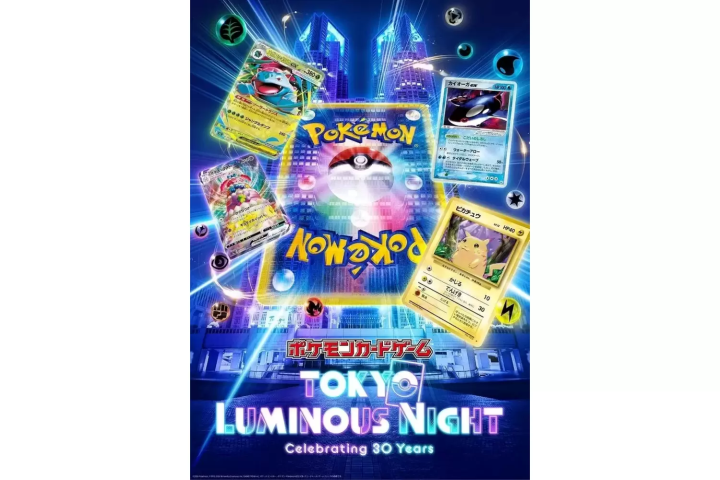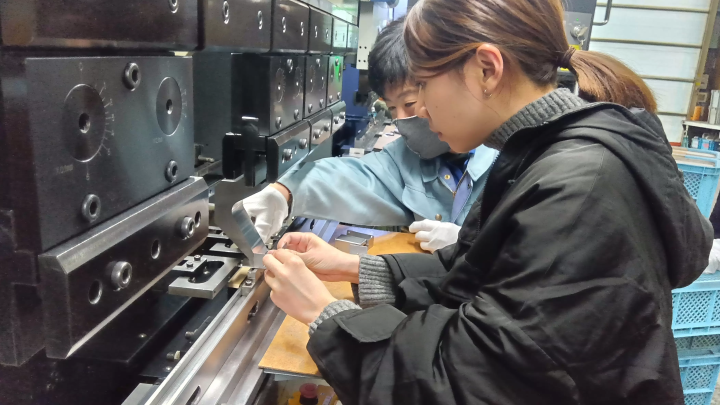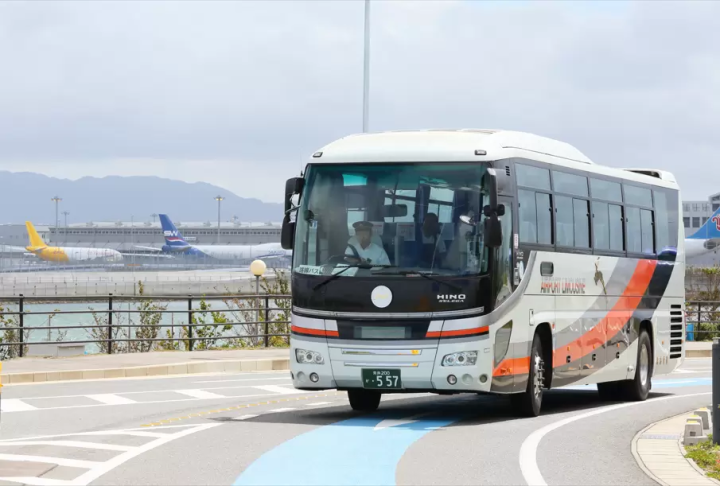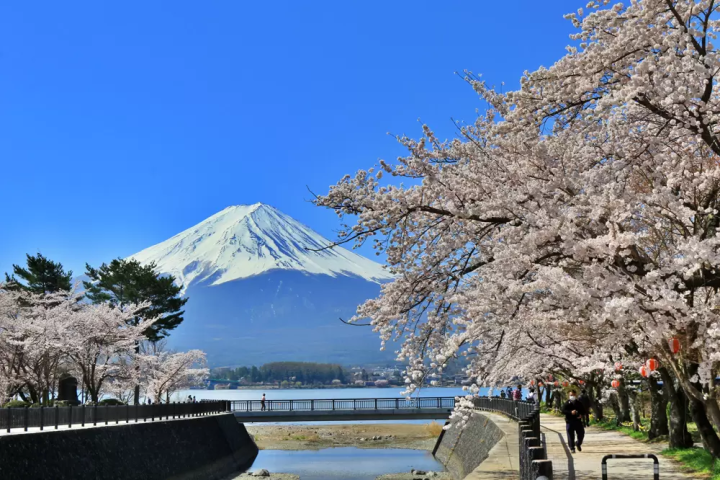[Tomioka City, Gunma Prefecture] Unique in Japan! Ichinomiya Nukisaki Shrine, a shrine located down the approach stairs
![[Tomioka City, Gunma Prefecture] Unique in Japan! Ichinomiya Nukisaki Shrine, a shrine located down the approach stairs](https://resources.matcha-jp.com/resize/720x2000/2025/03/05-226926.webp)
Boasting a history of about 1,500 years, Ichinomiya Nukisaki Shrine is a rare shrine in Japan with a descending stone staircase. It is a 15-minute drive from Tomioka Silk Mill, or a 10 minute walk from the nearest station, and the main hall and tower gate, which are important cultural properties, are worth seeing. It is said to bring good luck and traffic safety, so why not calm your mind in the beautiful grounds that change with the seasons?
At Ichinomiya Nukisaki Shrine, the god is enshrined at a low level at the bottom of the approach. Most of the grounds are covered with trees, so a stroll through the grounds after praying is a soothing and relaxing experience.
This is a spot where kimonos look great, so why not visit the shrine wearing a beautiful hakama, named after the women workers at the nearby Tomioka Silk Mill, a World Heritage Site? For details on the kimono dressing experience, please check the rental summary below.
In this article, Shinto priest Motegi will introduce recommended spots and the shrine's legends.
What is Ichinomiya Nukisaki Shrine?
It has a history of about 1,500 years and is located in Ichinomiya , Tomioka City, Gunma Prefecture, about a 15-minute drive from the World Heritage Site , Tomioka Silk Mill. It is particularly crowded with many visitors around the New Year period, and the main hall, worship hall, and tower gate are designated as important cultural properties of Japan.
The deities enshrined are Tsu no Kami, who is famous for bringing good luck and traffic safety, and Hime no Okami, the god of sericulture and weaving. Although not much is known about Hime no Okami, there is a legend that she is an ancient god of immigrants who lived in the area.
Why the shrine is located down the stairs?
![[Tomioka City, Gunma Prefecture] Unique in Japan! Ichinomiya Nukisaki Shrine, a shrine located down the approach stairs](https://resources.matcha-jp.com/resize/720x2000/2025/03/05-226927.webp)
According to the chief priest, "The exact reason has not been passed down." It's a surprising answer, but it is said that originally the gods were enshrined in a lower place, and when the main shrine was remodeled in 1635 (Kan'ei 12), the shrine was purposely built in the same place, or that the residents who lived around Isobe in Annaka City moved and created a village around Nukisaki Shrine. As time passed, a highway was built facing the Kabura River, and a shortcut was made from there for worshippers, which became the descending approach to the shrine. There are legends, but there is no archaeological evidence to support this. It might be fun to speculate on various theories.
Find the golden frog!
![[Tomioka City, Gunma Prefecture] Unique in Japan! Ichinomiya Nukisaki Shrine, a shrine located down the approach stairs](https://resources.matcha-jp.com/resize/720x2000/2025/03/05-226928.webp)
As you make your way down the approach to the shrine, take a look next to the offering box! You'll be greeted by golden frogs. This isn't a frog god... it's actually a talisman for "safe return." In 1943 during World War II, a frog-shaped mushroom appeared on a tabu tree on the east side of the main gate. Perhaps because it enshrines a war god, it was said to be a "victory frog" for soldiers returning home victorious. It later became a "safe return frog" and is used as a talisman for road safety, watching over the safety of many people. It may be thanks to this that I've been able to get by without incident. It's golden, so maybe it'll improve your financial luck too?
The secret behind the brilliantly colored shrine
![[Tomioka City, Gunma Prefecture] Unique in Japan! Ichinomiya Nukisaki Shrine, a shrine located down the approach stairs](https://resources.matcha-jp.com/resize/720x2000/2025/03/05-226929.webp)
It was built by order of Tokugawa Iemitsu and is somewhat similar to Nikko Toshogu Shrine. It was constructed by carpenters who were also involved in the construction of Nikko Toshogu Shrine, so this style may have been a popular style at the time. It is said that Nukisaki Shrine may have been a simplified version of Toshogu Shrine. There are almost no carvings on the shrine building, and it is made three-dimensional by layering lacquer and mineral pigments. This is a must-see! The carvings became flashy from the middle of the Edo period, when the country was at peace enough to make a living by carving. It may be fun to look at the shrine from this perspective. The main hall at in the back is actually two stories tall, and the god is enshrined in what would be called a modern attic. The god is on the other side of the "thunder god small window" where the god of thunder is painted. Even priests can only enter it twice a year. There is also a legend that it is the window through which the god enters and exits.
Recommended spots by the chief priest
![[Tomioka City, Gunma Prefecture] Unique in Japan! Ichinomiya Nukisaki Shrine, a shrine located down the approach stairs](https://resources.matcha-jp.com/resize/720x2000/2025/03/05-226936.webp)
The view from the large torii gate in front is recommended. You can see the town of Ichinomiya and Mt. Miyama in one view, and it is very refreshing in the season of fresh greenery. There are many things to see, but it is important to worship first. A shrine is a place of prayer, and then you can enjoy the buildings and scenery. The ancient grand festival "Shikinen Sengu" - the ceremony of installing the sacred symbol of a deity in a new shrine - is held once every 12 years. It is held in the Year of the Monkey and Year of the Rooster, and the first ceremony of the Reiwa era will be in 2028 (Reiwa 10). It is a festival with a history of about 1000 years, and is made possible by a large number of parishioners and worshippers, so please look forward to it.
Summary
At Nukisaki Shrine, surrounded by greenery, you can enjoy the scenery of the four seasons. Why not take the time to pray for the safety of your family and peace and to calm your mind in the quiet grounds? You can also see important cultural properties up close, so take your time to stroll around.
Information
Ichinomiya Nukisaki Shrine
Access: Tokyo Station to Takasaki Station (50 minutes by Shinkansen) Takasaki Station to Joshu Ichinomiya Station (50 minutes by Joshin Dentetsu)
10 minutes walk from Joshin Dentetsu Joshu Ichinomiya Station
Address: 1535 Ichinomiya , Tomioka City
Phone: 0274-62-2009
Opening hours: Main gate open all year round (open 24 hours) Tower gate 6:00-17:00
Closed: None
Shrine office: 8:00-17:00 (prayer service available until 15:00, stamps available until 16:30)
Official website: http://nukisaki.or.jp/index.html
The Tomioka City Tourism Association utilizes the tourism resources of Tomioka City, including the Tomioka Silk Mill and Mt. Myogi, in order to increase the number of visitors while contributing to the development of the local economy.
The contents on this page may partially contain automatic translation.


![[Tomioka City, Gunma Prefecture] Complete guide to the World Heritage Tomioka Silk Mill” - Access, highlights, etc.](https://resources.matcha-jp.com/resize/200x2000/2023/11/29-154334.webp)





























![[Coupon available] "On Cloud Monster 3" will be available for pre-sale at Alpen Tokyo from February 26th!](https://resources.matcha-jp.com/resize/720x2000/2026/02/25-259637.webp)